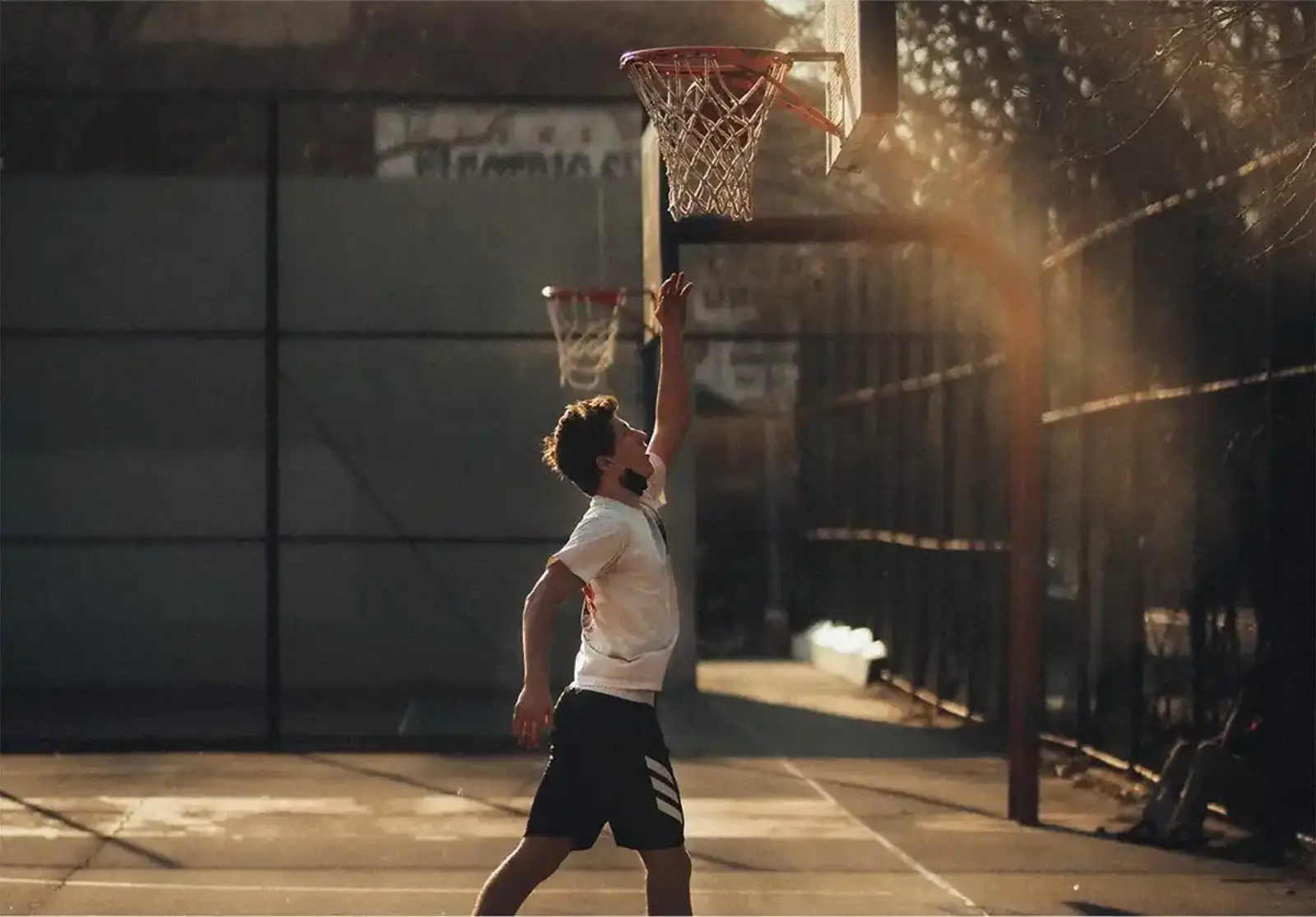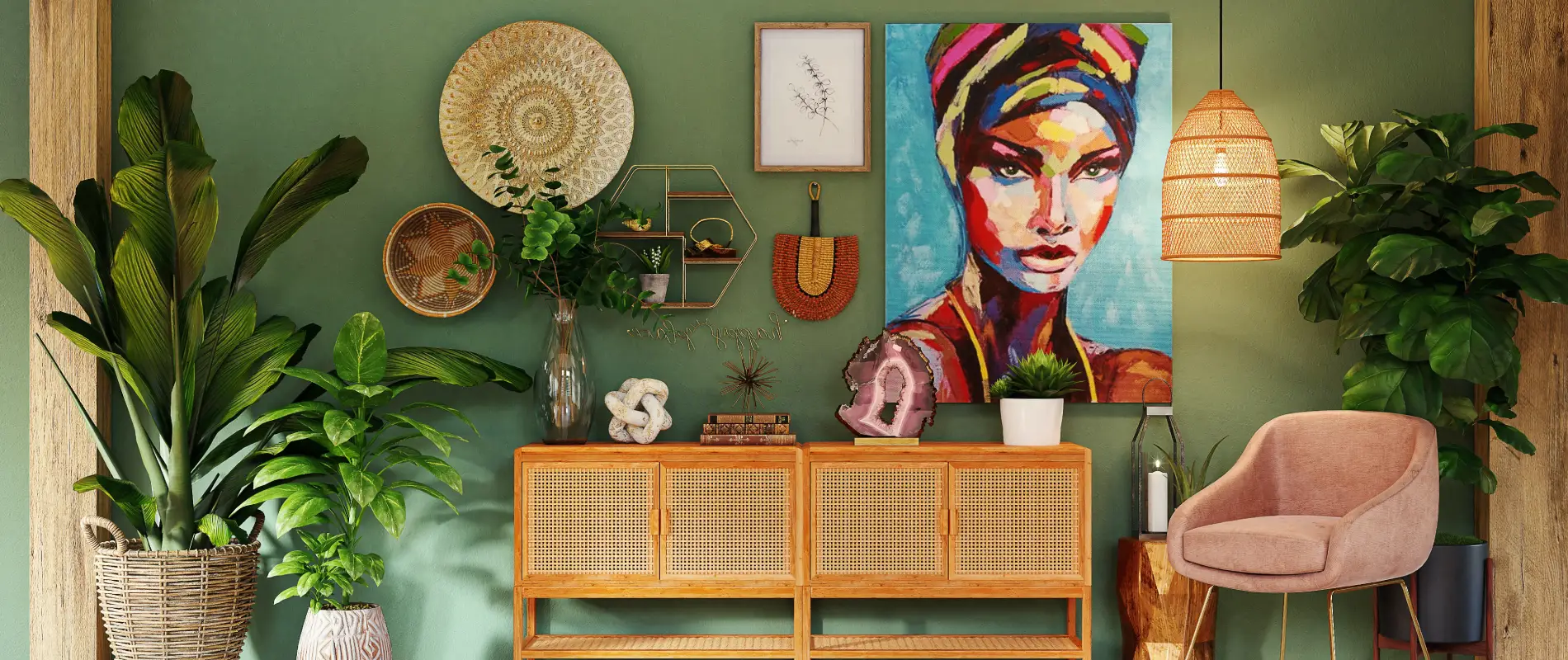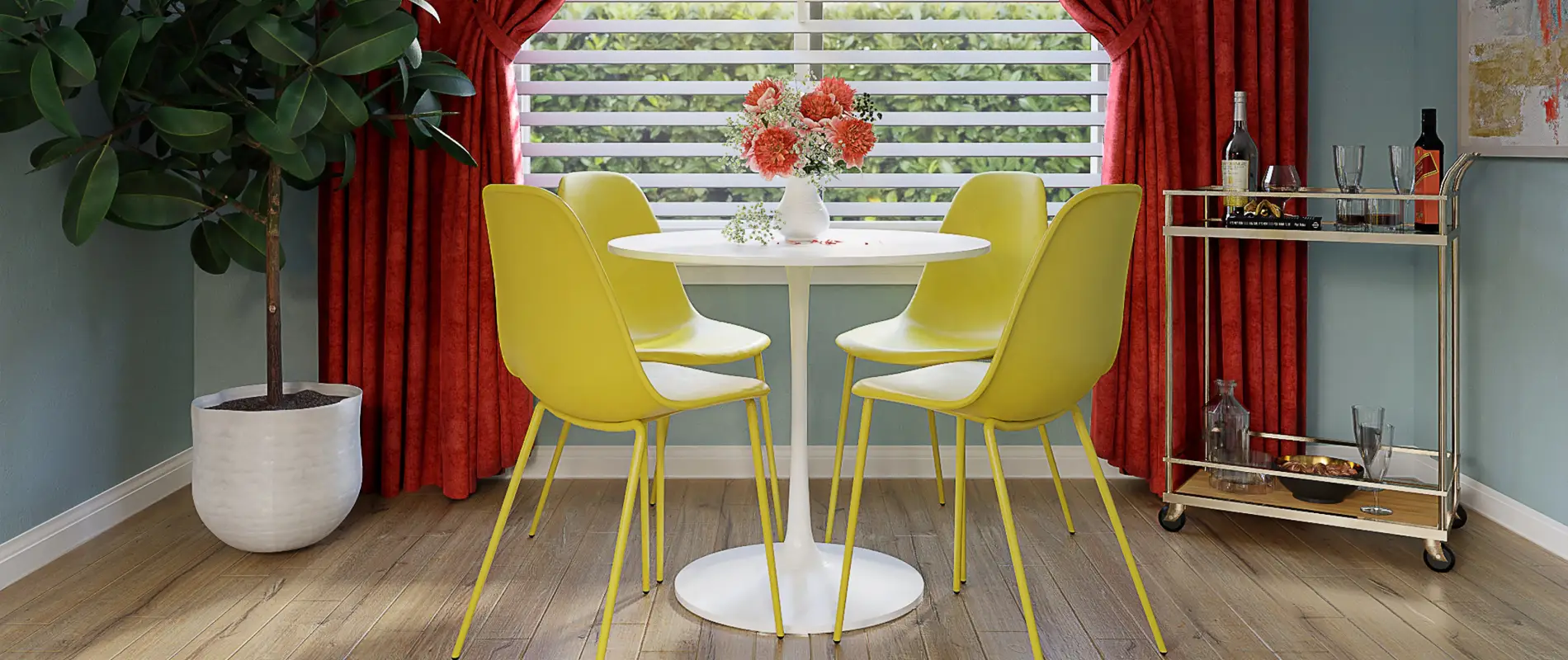Discover the power of engaging layouts for your WordPress site!
Your WordPress website is your digital canvas, and the layout is the brushstroke that brings it to life. Imagine grabbing your visitors’ attention with a stunning two-column design featuring a striking landscape image on one side and compelling text on the other. This approach not only captivates but invites deeper exploration.
Layout Analysis
Overall Structure
A balanced two-column framework allows your content to shine, with half the space dedicated to a visually impactful image and the other half reserved for engaging text.
Arrangement
The single-row format maximizes space, ensuring your visual and narrative elements perfectly complement each other.
Unique Choices
Dynamic imagery paired with informative text creates a visually striking contrast, enhancing user engagement and community feel.
Element and Feature Description
Visible Elements
- Headers: Eye-catching phrases like “Welcome to Happiness” and “Relax Wherever You Go” set an inviting tone.
- Text Blocks: Brief, informative paragraphs expand on headers, encouraging further reading.
- Images: Stunning images, such as a person shooting a basketball, attract attention and enhance appeal.
- Buttons: A bold “Book Now” button invites users to take immediate action.
Interactive Elements
The “Book Now” button is the focal point for interaction, guiding visitors towards engaging with your offerings.
Typography
Featuring bold headers and readable body text, this layout ensures key messages are easily discernible.
Icons and Graphical Elements
The minimal use of icons focuses on imagery, enhancing the visual narrative with impactful designs.
Unique Design Aspects
Standout Design Choices
The combination of large imagery with strategically placed text captures attention and maintains interest.
Hover Effects or Animations
Simple, distraction-free design encourages natural user engagement without elaborate hover effects.
Responsive Design
This layout adapts seamlessly to different devices, cleverly reconfiguring into a single column for a smooth mobile experience. Discover more about responsive WordPress design.
Accessibility Considerations
High contrast between background and text enhances readability, ensuring accessibility for all users.
Overall Design Style
Design Style
Embracing a minimalist yet impactful aesthetic, this layout excels at visual storytelling and engagement.
Visual Hierarchy
Clear headers guide visitors’ attention effortlessly from visual highlights to actionable content.
Use of White Space
Generous spacing around elements maintains balance and focus, allowing your message to resonate without overwhelming your audience.
Content Organization Techniques in WordPress
1. Grid Layout
A grid layout offers a structured approach to presenting content, ideal for galleries or portfolios. This format evenly balances text and visuals, providing a clean, organised view. It’s especially useful for sites with a visual focus, ensuring each element receives equal attention. Learn about WordPress block templates to implement grid designs effectively.
2. Lists and Bullet Points
Using lists and bullet points helps break down complex information into digestible parts, enhancing readability and comprehension. This method is excellent for how-to guides or step-by-step instructions. Consider integrating it with WordPress icon libraries to boost clarity.
3. Tabs and Accordions
Tabs and accordions create a dynamic way to present content without overwhelming the page. They are perfect for FAQs or detailed product specs, allowing users to expand and collapse sections as needed, maintaining a tidy design.
4. Visual Storytelling
Combine images, text, and multimedia to craft a narrative that engages and informs. This approach works well with Gutenberg blocks which provide flexibility in designing visually compelling stories.
5. Categorised Content
Organise content into categories to improve navigation and user experience. It helps visitors find related posts easily, ensuring a comprehensive browsing experience. Use WordPress navigation menus to aid in setting up intuitive pathways for users.
6. Infinite Scroll
An infinite scroll keeps visitors engaged by automatically loading new content as they reach the bottom of the page. It’s great for blogs or retail sites, maintaining user interest and reducing bounce rate.
7. Dynamic Widgets
Widgets provide bite-sized content blocks that can transform a static page into an interactive experience. Popular uses include displaying recent posts, a search bar, or integrating social media feeds.
8. Call to Action Insets
Strategically place calls to action alongside content to guide users towards desired outcomes, like signing up for newsletters or purchasing products. Use elements like the “Book Now” button to drive engagement.
9. Table of Contents
A table of contents enhances usability for longer content pieces, allowing users to jump directly to the sections of interest. This can be easily implemented using WordPress plugins, improving overall navigation.
10. Pop-ups and Slide-ins
These can be used to capture attention at the right moment, for instance, to prompt for email subscriptions or special offers. Employ these sparingly to enhance user experience without being intrusive.
Content Types in WordPress
1. Blog Posts
Blog posts are dynamic entries placed in reverse chronological order on your website. They are ideal for sharing news, stories, updates, or informative articles. Easy to update and categorize, blog posts are key to maintaining fresh content and improving SEO.
2. Pages
Pages are static and used for essential areas like Home, About Us, or Contact. Unlike posts, pages don’t change frequently and aren’t listed by date. They provide structure and critical navigation points within your WordPress website.
3. Portfolios
Portfolios are perfect for showcasing your work or projects. Typically used by creative professionals, this content type allows you to present images, descriptions, and details attractively and professionally.
4. Online Stores
Using plugins like WooCommerce, you can turn your site into an e-commerce hub. Add products, manage inventory, and handle transactions directly from your WordPress website builder.
5. Multimedia Galleries
Multimedia galleries let you display collections of images, videos, or audio files. They are an excellent method for visually driven content, ensuring an engaging visitor experience.
6. Testimonials
Showcasing customer testimonials builds trust and credibility. Embed testimonials throughout your site to provide genuine feedback and encourage prospective customers to engage with your services.
7. Events
Event pages are designed for listing and detailing upcoming events, including logistics and registration information. Integrate with calendar plugins for a comprehensive planning and tracking tool.
8. FAQs
FAQs directly address common inquiries, helping you provide quick, accessible information to your audience. They are effective in reducing customer queries and enhancing user satisfaction.
9. Newsletters
Enable newsletter sign-ups to engage directly with your audience. Send regular updates, promotions, or content directly to subscribers, fostering community with this personalised communication tool.
10. Forms
Embed contact forms or surveys on your site to streamline communication and gather user input. Forms can be simple or complex, depending on your needs, and are instrumental in user engagement.
Conclusion
By embracing strategic design elements and content organisation, your WordPress website design can shine, captivating and retaining visitor interest. Dive into free resources like free WordPress themes to enhance or reinvent your site’s presentation. Whether you’re exploring Elementor Alternatives or seeking innovative design routes, remember that thoughtful layout and content choices can make all the difference in elevating your digital presence.




